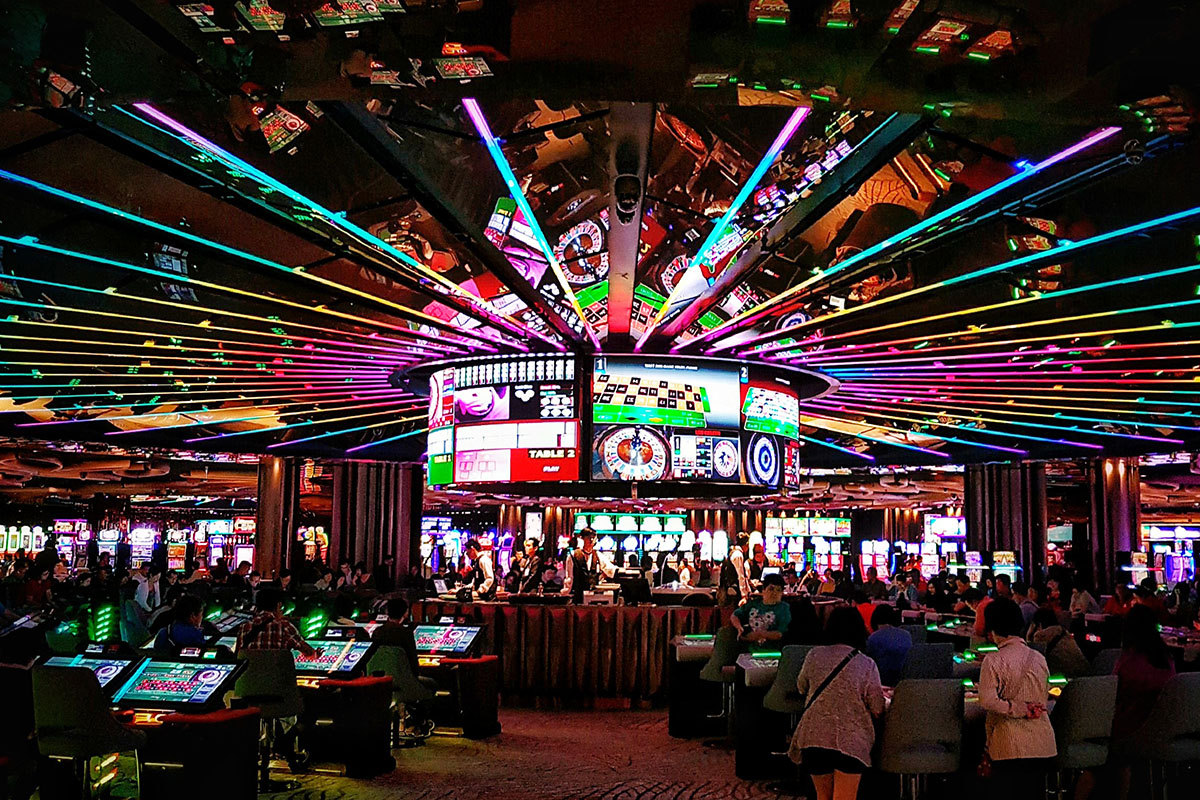
A realm of casino games is constantly evolving, influenced by dynamic rules, technological progress, and shifting consumer preferences. As authorities and regulatory bodies strive to create a secure and just environment for players, the landscape of gambling laws is undergoing major transformations. Grasping these shifts is crucial for both casino operators and gamblers looking to explore the exciting yet complicated realm of gambling.
Recently, various regions have proposed and implemented new regulations targeting enhancing player protection while promoting safe gambling. 99win casino These changes not only affect the varieties of gambling games available but also how they are marketed and accessed. 99win com In this article, we will explore the most recent regulation changes, their consequences for the industry, and that which players can expect as they engage with their favorite gambling games.
Updated Regulatory Frameworks
Current developments in gambling legislation are shaping the future of casino games across multiple jurisdictions. Regulators are acknowledging the importance for a comprehensive oversight framework that not just protects gamblers and also guarantees just play and sensible gambling. These systems are designed to tackle concerns such as online gambling, digital currencies, and innovations in technology, reflecting the changing landscape of the gaming industry.
One significant change is the adoption of more stringent policies regarding transparency and consumer protection. Gambling venues are now mandated to disclose clear data on probabilities, payout rates, and the possible hazards involving gaming. This transition aims to enable customers by allowing them make informed decisions while also assisting to combat gaming problems through accountable gambling measures. Gaming providers are expected to set up self-exclusion systems and provide resources for gamblers seeking aid.
Additionally, new regulations are being applied to new innovations such as augmented reality and blockchain in gambling games. Regulators are developing guidelines to ensure that these innovations maintain fairness and justice while also securing customer information. As the field advances, oversight bodies are modifying to verify that advancements improve the gaming environment while safeguarding both gamblers and providers.
Influence on Gaming Diversity
The new updates in game rules have unlocked new avenues for casino games, allowing for increased breakthroughs and variety within the industry. As oversight agencies modernize their standards, developers are motivated to develop unique gaming experiences that appeal to a wider audience. This has resulted in a vibrant array of new games, incorporating multiple concepts, genres, and mechanics that were previously ignored or limited by more rigid policies.
With a more flexible set of rules, gambling venues are now free to try out alternative types of games, including skill-focused games and interactive experiences. This transition has produced a boom in hybrid games that blend traditional casino elements with modern gaming trends, such as video gaming and AR. By diversifying the types of games presented, gambling establishments can attract not only experienced betters but also non-professional players who may lean towards less conventional options.
Moreover, the development of regulations has emphasized transparency and fairness in gambling, which could build increased confidence among players. As a result, consumers are more open to consider a broader selection of game options, realizing they are participating in platforms that follow new standards. This growing confidence enhances involvement and can ultimately boost financial success as more varied choices meet diverse preferences and groups in the gaming community.
Upcoming Trends in Regulation
As the gambling landscape develops, oversight bodies are progressively focused on adopting tech-driven solutions to enhance openness and fairness. The integration of blockchain technology into casino games is anticipated to gain momentum, allowing for greater oversight of operations and ensuring that activities remain equitable and unchangeable. This transition could lead to a compliance framework that welcomes these advancements, promoting trust among participants and operators alike.
In addition to digital adoption, there will likely be a stronger emphasis on prudent gaming practices within the regulatory environment. Authorities are predicted to implement stricter measures to promote participant protection, including required self-exclusion systems and robust age verification systems. This move aims to defend susceptible populations while ensuring that the pleasure of gaming games is maintained for considerate gamblers.
Lastly, as digital gaming continues to increase globally, harmonization of oversight across different regions will become a urgent need. Countries may strive to collaborate more closely on shared standards for permits, operation, and taxation. This could lead to a more efficient regulatory system for global operators, fostering a wider acceptance of online gaming games while maintaining high levels of gambler protection and integrity in the gambling industry.